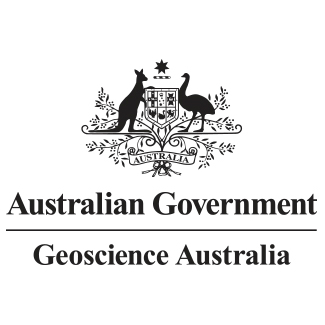Brief description
Gravity data measure small changes in gravity due to changes in the density of rocks beneath the Earth's surface. The data collected are processed via standard methods to ensure the response recorded is that due only to the rocks in the ground. The results produce datasets that can be interpreted to reveal the geological structure of the sub-surface. The processed data is checked for quality by GA geophysicists to ensure that the final data released by GA are fit-for-purpose. This Westmoreland Complete Spherical Cap Bouguer 1VD geodetic is the first vertical derivative of the complete spherical cap Bouguer anomaly grid for the Westmoreland-Normanton Gravity Survey (P200840). This gravity survey was acquired under the project No. 200840 for the geological survey of QLD. The grid has a cell size of 0.0074 degrees (approximately 803m). A Fast Fourier Transform (FFT) process was applied to the original grid to calculate the first vertical derivative grid. A total of 6414 gravity stations at a spacing between 2000m and 4000m were acquired to produce this grid.Lineage
Maintenance and Update Frequency: notPlannedCreated: 09 03 2020
Issued: 09 03 2020
Modified: 05 07 2021
Data time period: 16 06 2008 to 16 08 2008
text: westlimit=137.9655; southlimit=-18.1228; eastlimit=144.0335; northlimit=-15.8658; projection=GDA94 (EPSG:4283)
User Contributed Tags
Login to tag this record with meaningful keywords to make it easier to discover
The Geophysical Archive Data Delivery System (GADDS2) portal provides HTTP download of geophysics datasets in a number of formats. Point and line datasets are available in NetCDF and ASEG-GDF2. Grid datasets are available in NetCDF, GeoTIFF and ERS. (File available for download in various formats from the GADDS2 portal)
- URI : pid.geoscience.gov.au/dataset/ga/143990

- global : c8e9f0a4-aa17-4120-9dd7-248e6c02db69


